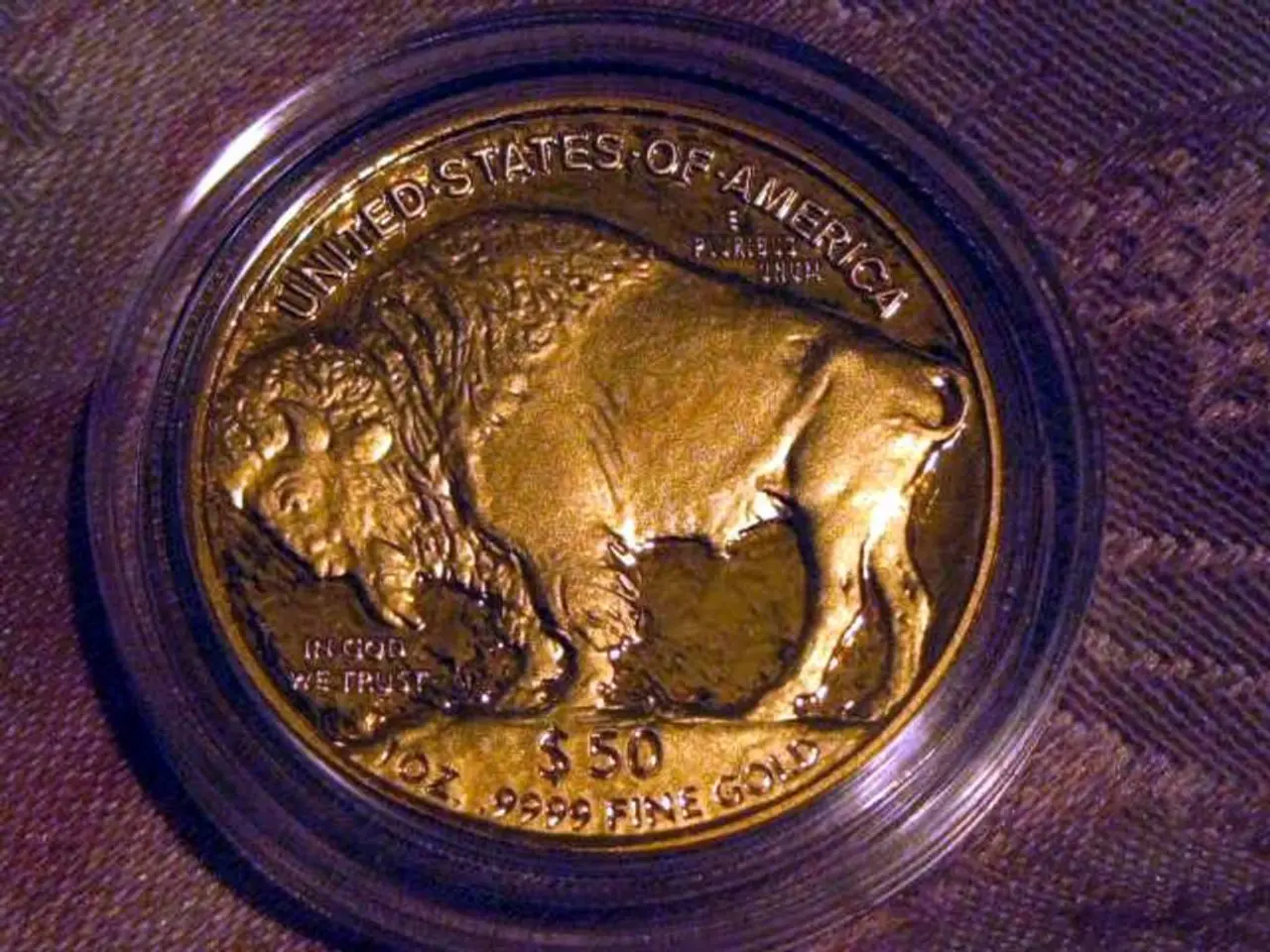The Possibility of Bitcoin Dethroning the Dollar as the World's Leading Reserve Currency
In the face of escalating trade tensions and the potential for a major trade war, top trading nations are reportedly considering a move away from the dollar-based international financial system. This discussion has sparked speculation among some investors about the possibility of Bitcoin serving as a replacement. However, the digital currency faces significant challenges in meeting the key criteria required for a global reserve currency.
Bitcoin, originally designed to be decentralized, is becoming increasingly centralized at a rapid pace. According to recent reports, 30% of all Bitcoin in the world is now held by 216 centralized entities, including corporations, cryptocurrency exchanges, Wall Street banks, ETF investment firms, asset management firms, hedge funds, and sovereign wealth funds. This centralization raises concerns about the currency's ability to maintain its decentralized nature, a crucial aspect that sets it apart from traditional reserve currencies.
One of the key criteria for a global reserve currency is stability. Bitcoin's value is highly volatile, making it unreliable for long-term savings or transactions. While it is often referred to as digital gold due to the way it is traded, with people buying and holding it rather than spending it, its instability undermines its potential as a medium of exchange or a unit of account.
Liquidity is another significant challenge for Bitcoin. While it is traded globally, its liquidity is not as high as traditional reserve currencies like the US dollar or euro. Bitcoin markets are relatively shallow compared to major fiat currencies, especially in terms of institutional investment.
Moreover, Bitcoin operates outside traditional legal frameworks, which can raise regulatory and legal uncertainty. This lack of rule of law is a major hurdle in its path to becoming a global reserve currency.
In light of these challenges, it is unlikely that Bitcoin will be chosen as the new global reserve currency. The current reserve currencies, including the US dollar, euro, Chinese renminbi, Japanese yen, and others, are widely accepted and meet the criteria for stability and liquidity.
However, the demand for Bitcoin continues to soar, with corporations, Wall Street banks, and even sovereign governments embracing it. While it may not be a mainstream reserve currency in the near future, the future upside potential of Bitcoin may not be dependent on it becoming the global reserve currency. Instead, its value may lie in its role as a store of value and a means of exchange in certain circles.
[1] Bretton Woods Agreement of 1944: A historic agreement among major trading nations to reorder the international financial system. [3] The Bretton Woods system, which lasted from 1944 to 1971, pegged the values of participating currencies to the U.S. dollar, which in turn was pegged to gold. The system helped establish the International Monetary Fund and the World Bank.
- Despite ongoing discussions about a potential move from the dollar-based international financial system, the decentralization of Bitcoin, originally designed as a key advantage, is becoming a concern as 30% of all Bitcoin is now held by 216 centralized entities.
- The high volatility of Bitcoin's value and its instability make it unreliable for long-term savings or transactions, which are essential criteria for a global reserve currency.
- In the pursuit of becoming a global reserve currency, Bitcoin faces significant regulatory and legal uncertainty, as it operates outside traditional legal frameworks.




